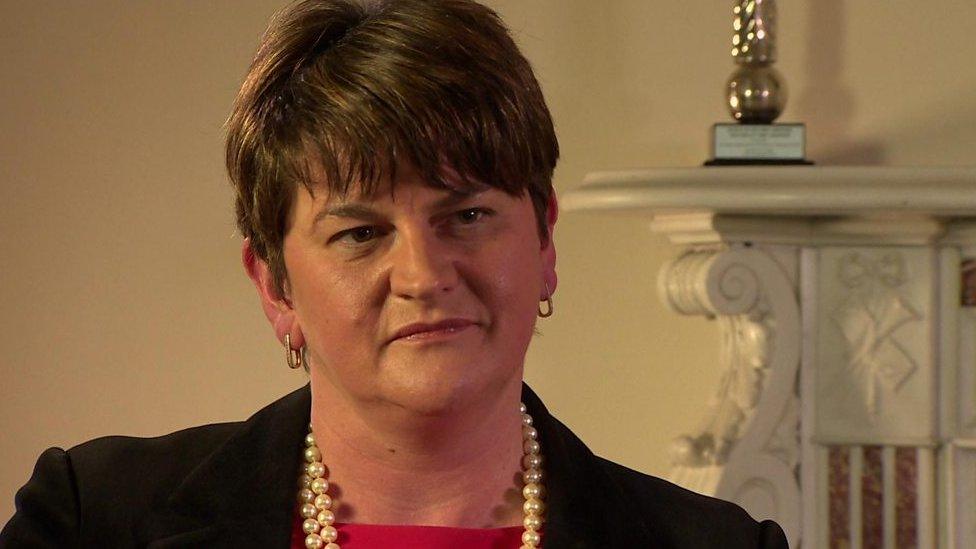RHI inquiry: Foster's department 'dysfunctional' says judge
- Published
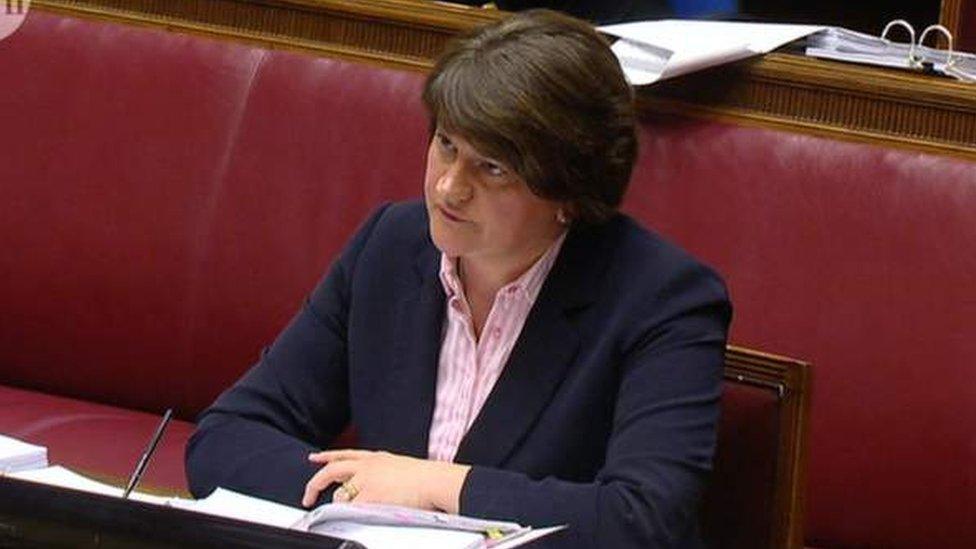
Arlene Foster has said she has no "clear recollection" of the meeting
The judge chairing the RHI inquiry has suggested to DUP leader Arlene Foster that she seemed to be heading up a "dysfunctional department".
Sir Patrick Coghlin said it appeared "incontrovertible" that her trust in two key people she had relied on had been "completely unfulfilled".
The focus of Friday morning's evidence was on a key meeting in June 2011.
Then, a decision was taken to pick the RHI scheme as the way of incentivising firms to switch to renewable heat.
The renewable heat incentive scheme was a flawed green energy project that paid users a subsidy greater than the cost of the fuel used, leading to it being dubbed the 'cash for ash' scheme.
She was Stormont's Department of Enterprise, Trade and Investment (DETI) minister when it set up the RHI scheme in 2012.
In her role, she signed off on the project.
A senior civil servant, Fiona Hepper, had provided advice based on a report by a firm of economic consultants.
She has told the inquiry she set out the options clearly - including a cheaper upfront grant system - and told Mrs Foster about the budgetary implications.
Mrs Foster says she has no "clear recollection" of the meeting, but believes if she had been given the details that Mrs Hepper says she was, she would not have signed off on the scheme without further checks.
There are no notes of the meeting, in contravention of civil service guidance.
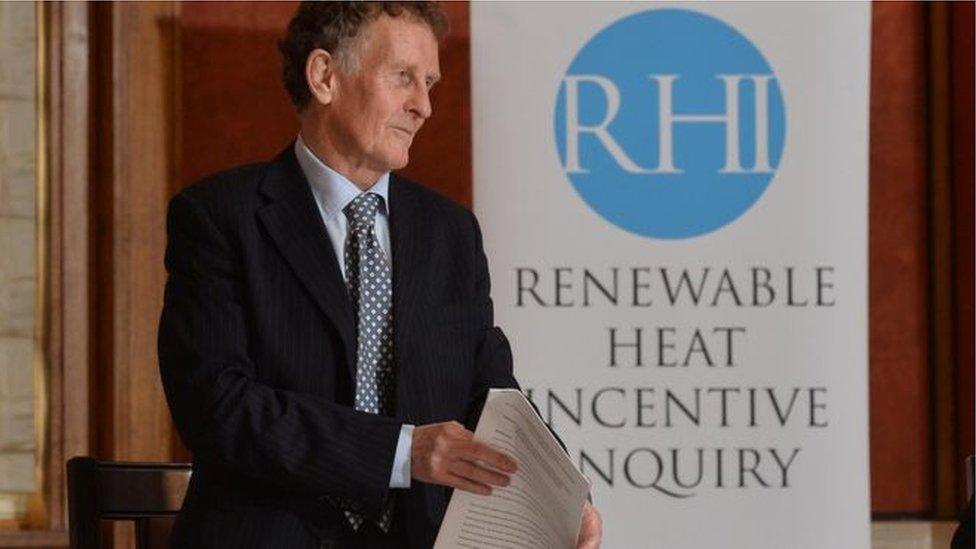
The RHI public inquiry is being chaired by Sir Patrick Coghlin
Mrs Foster's special adviser Andrew Crawford did not read technical data linked to the decision as she expected.
Sir Patrick Coghlin said the meeting should have been minuted, because it covered a lot of additional and complex information which fed into the decision that had been taken.
"Now there are no notes or records of this. Does that not start to edge towards a dysfunctional department?
"If these are the two people you trusted and one of them didn't read any of the detailed documents and the other one comes to you with an explanation that includes additional information but no notes are made of it and no enquiry is made and yet this is a unique project?"
Mrs Foster said she had been "somewhat taken aback" to discover there had been no notes of the meeting.
She said she did not see it as her role to check that they had been done - either at the time, or afterwards.
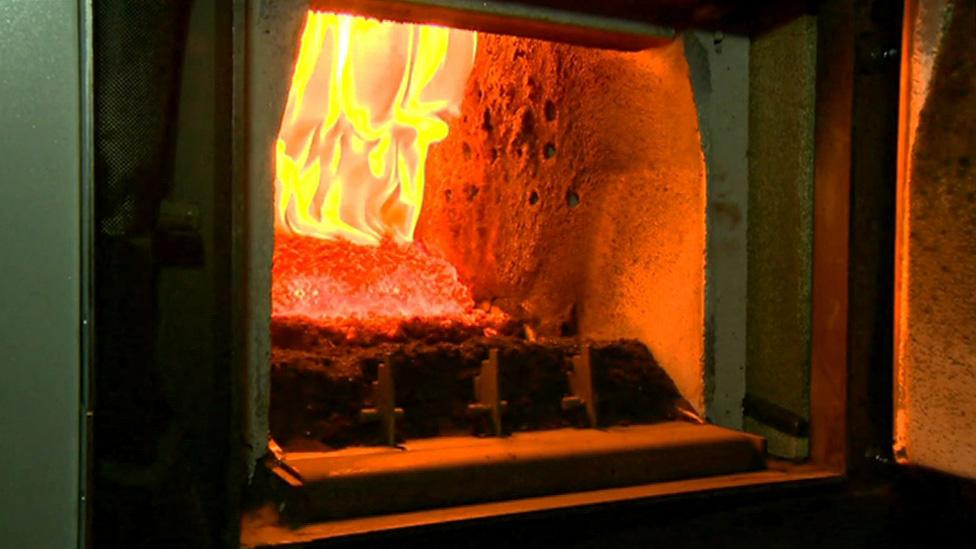
The RHI scheme offered a financial incentive for businesses to install renewable heat systems, such as biomass boilers
Later Mrs Foster said she was not told of huge increase in the costs of the scheme options.
Her decision had been based on a final draft of the consultants' report.
But when the completed version came in, the cost difference between the grant scheme and the more expensive RHI scheme was £242m.
She said she had no recollection of that being brought to her attention and it ought to have been.
When pressed she blamed officials in the Enterprise Department's Energy Division.
Complaints
When the RHI scheme went out to public consultation there were complaints that the tariff was not high enough.
Further consultancy work was done to assess the cost of raising them.
That report found it would add another £111m to the cost of the scheme, bringing it to £445m.
Mrs Foster said she was not given the detail of the report and would have expected to have been told about it.
She was asked whether her SPAD Andrew Crawford ought to have been across it.
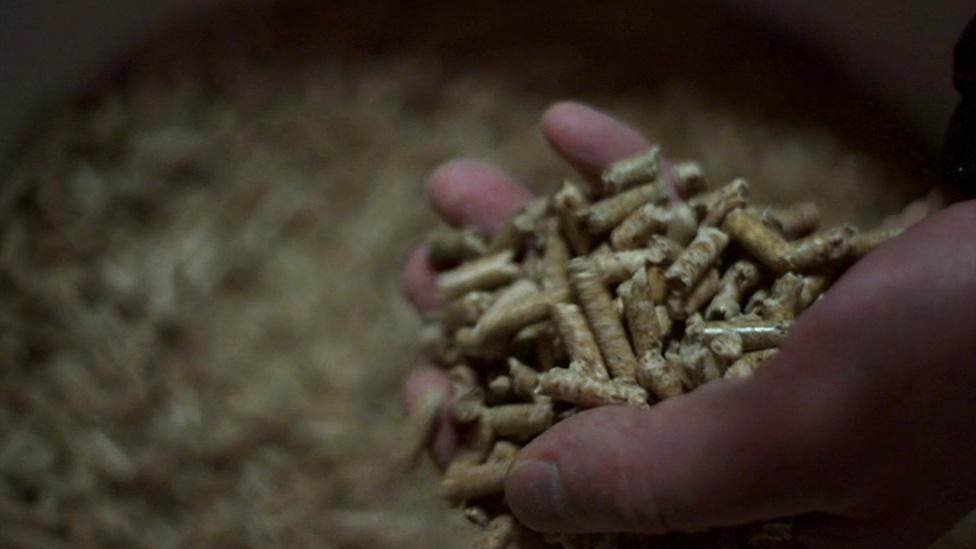
A handful of wood pellets, the main fuel used in the RHI scheme
She said she would have expected it.
Sir Patrick said she appeared to have put an "enormous amount of trust" in both her official Fiona Hepper and Andrew Crawford "which does not appear to have been well-founded".
Mrs Foster said as far as she was concerned "I was working with two professional people".
"I expected them to bring me the information and they knew it."
Sir Patrick replied: "that was your expectation, but it wasn't met.".
Background
The RHI scheme subsidised the cost of fuel to encourage the use of renewable heating systems.
But the fuel cost far less than the subsidy users were receiving, meaning they could earn by burning more fuel.
When the scale of the scandal emerged in December 2016, there were widespread calls for Mrs Foster to resign to allow an investigation to be carried out into what went wrong.
She refused, and the Northern Ireland Executive - a coalition between her party, the DUP, and Sinn Féin - collapsed.
Mrs Foster has consistently denied any wrongdoing in relation to the scheme.
- Published12 April 2018
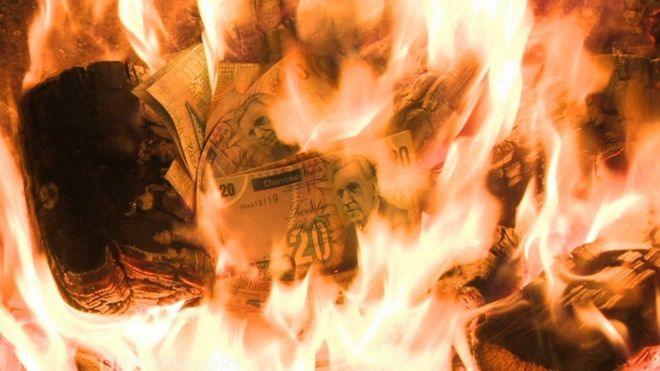
- Published12 April 2018
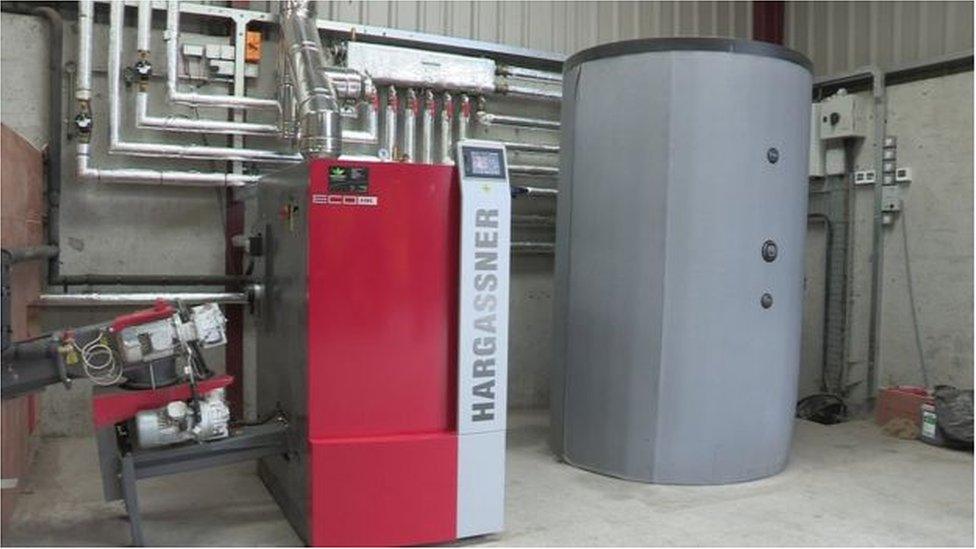
- Published12 April 2018
